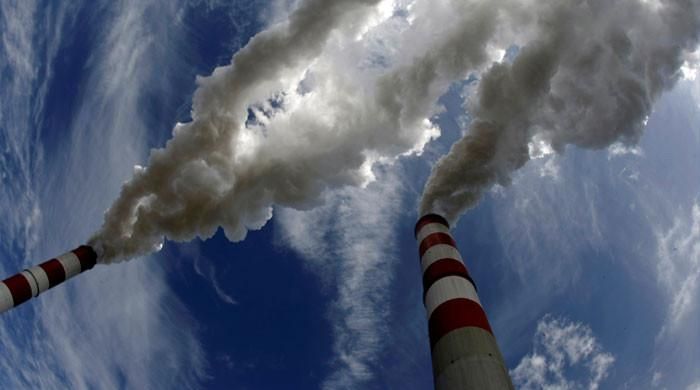Carbon emissions will reach 410 million metric tons, or 1.1%, for a total of 37.4 billion metric tons in 2023.
An International Energy Agency (IEA) report released on Thursday reveals that global carbon pollution from energy has reached an alarming record level, posing a significant threat to climate goals. Reuters reported.
The increase is attributed, in part, to increased consumption of fossil fuels in regions facing hydropower constraints due to droughts.
Contrary to the imperative reduction needed to meet the climate goals of the Paris Agreement, carbon dioxide emissions reached an unprecedented level, increasing by 410 million metric tons, or 1.1%, for a total of 37,400 million metric tons in 2023, according to the IEA analysis.
The expansion of clean technologies such as wind, solar and electric vehicles contributed to a slowdown in the emissions growth rate of 1.3% in 2022.
However, factors such as China's economic reopening, increased use of fossil fuels in regions with limited hydropower, and the recovery of the aviation sector led to an overall increase.
Approximately 40% of the increase in emissions, equivalent to 170 million tonnes of CO2, was due to efforts to offset the loss of hydropower generation during extreme droughts, as highlighted by the IEA. The report highlights that, without this compensatory effect, global emissions from the electricity sector would have experienced a decrease in 2023.
Notable reductions were recorded in the United States, where energy-related emissions fell 4.1%, driven primarily by the electricity sector. The European Union saw a nearly 9% decline in energy-related emissions, driven by increased renewable energy generation and declines in coal and gas-based power.
In contrast, China witnessed a 5.2% increase in energy-related emissions, driven by the post-COVID-19 recovery, although the country contributed significantly to global renewable energy additions, accounting for approximately 60% of advances in solar, wind and electric vehicles by 2023, according to the IEA.












